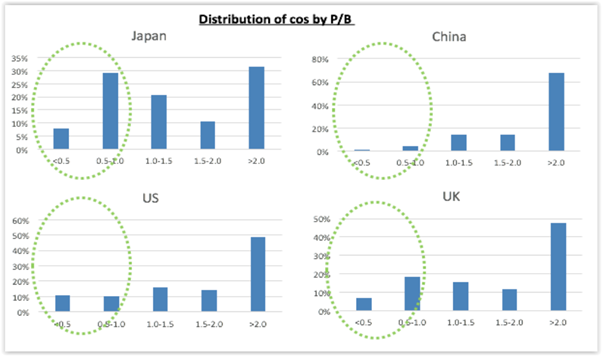My father, who at one time was an education minister in the Kenyan government, used to tell a story of a long-forgotten crisis when the leaders in the educational establishment could only turn to him and ask: ”minister, what shall we do?” The point of the story is that these were all highly qualified senior academics, while my father had left school at 16 with no qualifications at all. It amused him.
We have perhaps in the last week seen three instances of the same thing: expert committee men exhausted of ideas, despite their towering intellects. I refer to Ben Bernanke’s Jackson Hole statement which said nothing; David Cameron’s statement at Prime Minister’s Questions, when he was reduced to that old stand-by “cure” for economic stagnation (building more houses); and then on Thursday we had Mario Draghi resorting to buying time by talking borrowing costs for Spain and Italy down on the conditional promise of some bond buying. None of them had anything new to offer.
The Federal Open Market Committee, the senior civil servants in Whitehall, and the Governing Council of the European Central Bank are all intellectually at sea. They have deluded themselves with Keynesian fallacies, believing animal spirits must be revived. “Animal spirits” is code for not understanding the fundamental purpose of free markets. Instead, governments and central banks blame market irrationality and seek to manage them to promote economic growth. They then wonder why it all goes wrong.
Here is the true situation: unrealistic asset valuations, the result of zero interest rates, have strangled progress. Note progress, not growth: this is deliberate. The result is that markets no longer work effectively, so it is impossible for the economy to advance. Governments and central banks cannot face up to this reality, because over-valued assets are collateral for record levels of debt that have accumulated over the last 50 years, the result of government-sanctioned expansion of bank credit.
The authorities misdiagnose economic problems because they believe in economic statistics that are wholly fallacious. The most important of these is gross domestic product, and I was heartened to see Toby Baxendale make this very point. I go further in denouncing GDP: it is no more than a money-total that can be pumped up by government intervention and bears no relationship with economic progress. If GDP had been invented earlier, no doubt Rudolf Havenstein – President of the Reichsbank in 1920-23 – would have claimed spectacular economic growth, purely based on money-printing running ahead of price inflation. We know how that ended. This is statistical growth for you, not economic progress. Think about it, because this is precisely what central bankers do today, and they pass it off as responsible economic policy.
Markets need to clear over-priced stock, assets and unsustainable debt. Getting there by inflating the problem away, which is essentially what central banks are doing, only destroys the savings necessary for genuine economic progress. It is a confused policy of making us wealthy by destroying wealth. It seems extraordinary that this simple fact has escaped the combined mental capacity of all those highly qualified committeemen and civil servants.
This article was previously published at GoldMoney.com



More monetary expansion to be announced by “Ben the print”.
And the German Consitutitional Court likely to betray the German “Basic Law” (if the German Consititutional Court does betray the rule of law in Germany and support unlimited bailoutism, the vile Economist magazine and Fiancial Times newspaper will celebrate).
And the world in flames – with the Islamists on the march.
If stock markets continue to go up – then truly the corporate welfare junkies who dominate the markets have rejected all reason.
I have just seen that the German Consitutional Court has split the difference – acceped the bailout fund, but imposed conditions. A limit on German contributions – unless the German Parliament formally votes for no limit.
Will these conditions have any meaning in practice?
Paul
My immediate reaction is that the GCC has said EUR190bn and no more without new legislation. This stops mission creep. But the amount required through the ESM will be well in excess of that, and no one else will put up the money in meaningful quantities.
I don’t think with next year being an election year the politicians will risk it, for fear of Germany’s equivalent of our “Men in Grey Suits”.
The markets don’t realise it yet, but without US, UK and IMF stepping up, Germany probably has little alternative but to leave the euro.
This may indeed be so.
However, I do not underestimate the ablity of the establishment to bend (indeed twist) rules.
Surely it must be recognised that there are no rules that politicians will not break. In the case of the European Union to somehow believe that its apparatchiks will not seek to gain control over the German economy so they can sustain their dreams for a bit long is naieve. I look in vain for evidence that Angela Merkel fully comprehends this point, certainly if I were a German citizen I would be highly concerned.